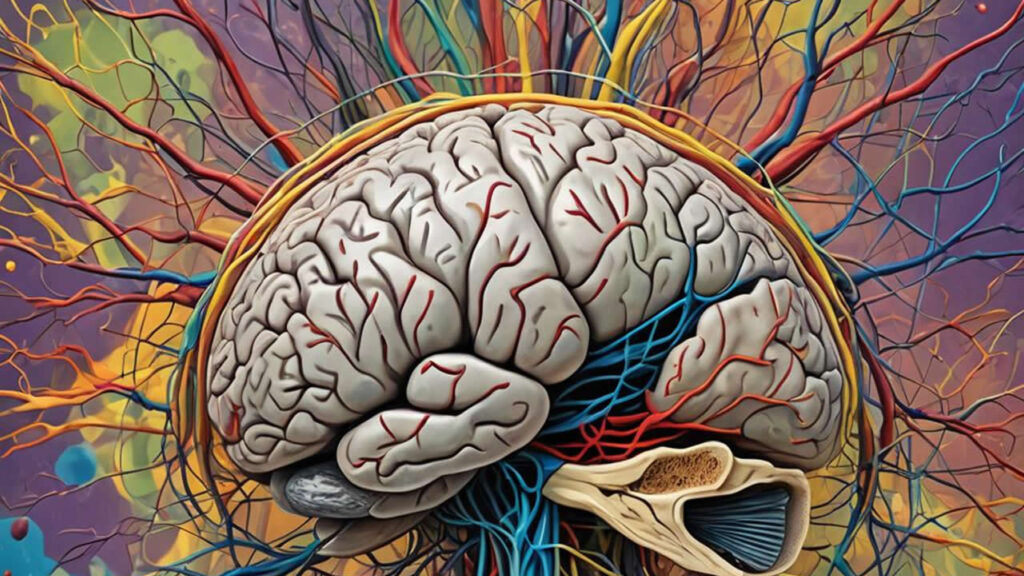In the journey towards holistic well-being, one aspect often takes center stage: physical health. However, amidst discussions of diet, exercise, and disease prevention, the importance of cognitive health can sometimes be overlooked. Yet, our cognitive well-being is integral to our overall quality of life, influencing every aspect of our daily experiences, from decision-making and problem-solving to emotional regulation and interpersonal relationships. Let’s delve into why cognitive health matters and explore how nurturing our minds can lead to a more vibrant and fulfilling life.
The Essence of Cognitive Health
Cognitive health encompasses a broad range of mental processes, including memory, attention, perception, language, reasoning, and executive functions. It refers to the ability to think, learn, reason, and remember effectively, enabling us to navigate the complexities of daily life with clarity and agility.
Maintaining optimal cognitive health is crucial at every stage of life, from childhood through adulthood and into old age. A sharp mind allows us to adapt to new challenges, acquire new skills, make informed decisions, and sustain meaningful connections with others.
The Impact of Cognitive Decline
As we age, our cognitive abilities naturally undergo changes. While some degree of cognitive decline is a normal part of the aging process, significant impairments can affect our independence, well-being, and overall quality of life. Conditions such as mild cognitive impairment (MCI) and dementia, including Alzheimer’s disease, can have profound consequences for individuals and their families, leading to functional limitations, caregiver burden, and emotional distress.
Nurturing Cognitive Health Through Lifestyle Choices
Fortunately, many lifestyle factors can support cognitive health and reduce the risk of cognitive decline. Here are some strategies to consider:
Nutritious Diet: A diet rich in antioxidants, omega-3 fatty acids, vitamins, minerals, and phytonutrients can nourish the brain and protect against oxidative stress and inflammation. Emphasize whole foods such as fruits, vegetables, whole grains, lean proteins, and healthy fats.
Physical Activity: Regular exercise not only benefits the body but also enhances brain health. Aerobic exercise increases blood flow to the brain, stimulates the release of growth factors that promote neuroplasticity, and supports the formation of new neural connections.
Mental Stimulation: Engaging in intellectually stimulating activities, such as reading, puzzles, games, learning new skills, and socializing, can help keep the mind sharp and resilient. Challenging the brain through novel experiences and cognitive tasks promotes cognitive reserve, the brain’s ability to withstand age-related changes and pathology.
Quality Sleep: Adequate sleep is essential for cognitive function, memory consolidation, and emotional regulation. Prioritize sleep hygiene practices such as maintaining a regular sleep schedule, creating a comfortable sleep environment, and limiting exposure to screens before bedtime.
Stress Management: Chronic stress can impair cognitive function and contribute to cognitive decline over time. Practice stress-reduction techniques such as mindfulness meditation, deep breathing exercises, yoga, and spending time in nature to promote relaxation and emotional well-being.
Social Connections: Meaningful social interactions and strong social support networks are linked to better cognitive health and lower risk of dementia. Stay connected with friends, family, and community members through regular communication, social activities, and mutual support.
Embracing the Journey to Brain Health
Cognitive health is not just about preserving memory or preventing cognitive decline; it’s about nurturing the essence of who we are and unlocking the full potential of our minds. By prioritizing lifestyle factors that support cognitive well-being and cultivating habits that promote brain health, we can enhance our cognitive resilience, vitality, and longevity. Let’s embrace the journey to brain health with curiosity, compassion, and a commitment to nurturing our most precious asset—the power of the mind.

